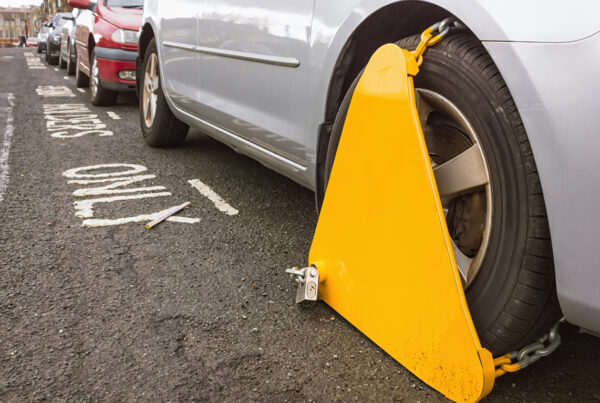The pollen forecast for Northern Ireland this weekend could give hay fever sufferers more than a runny nose, as the pollen count begins to climb, with a moderate to high warning over the next three days for tree and grass pollen*.
Hay fever sufferers who are vulnerable to oak and birch pollen might be especially affected – although oak pollen is considered to be mildly allergic compared to other tree pollens, it tends to stay in the air longer, which can cause a severe reaction.
The recent increase in pollen levels has led to a warning from one of the country’s leading car insurance comparison websites, concerned that most motorists are unaware of the fact that ‘driving under the influence’ could result in hefty fines and points on their licence. Some hay fever medications could see drivers committing this type of motoring offence without even realising it.
Price comparison website CompareNI.com says the government legislation that bans driving while under the influence, does not distinguish between illicit drugs, prescription medication and over-the-counter medications. This means any type of drug that affects a motorist’s driving abilities could potentially result in a drug-driving conviction, even if it’s something as simple as hay fever medication that causes drowsiness.
One in four people in the UK has hay fever, that’s approximately 16 million people, according to the Natasha Allergy Research Foundation. Grass pollen is arguably the biggest cause of seasonal allergies, affecting approximately 90% of hay fever sufferers – with peak season from mid-May until July.**
The region’s hay fever sufferers could consider the following advice before getting behind the wheel:
Five driving tips for hay fever sufferers
- Check medication– antihistamines and hay fever medications can differ in strength, check with the doctor if in any doubt about possible side effects and always read the label – the warning, ‘do not operate heavy machinery’ is commonly found and applies to cars, forklifts and any other heavy machinery.
- Plan journeys –check the forecast for pollen warnings or download a weather app, which gives a 5-day forecast for high pollen counts.
- Keep the car as pollen-free as possible– clean the car regularly to get rid of dust that could trigger symptoms before setting out, regularly change pollen filters in the car’s ventilation system and keep car windows closed during journeys.
- Get stocked up – keep the car stocked with fresh tissues, hay fever medicine, a bottle of water, eye drops, anything used to ease the symptoms, should they strike unexpectedly.
- Drive safely– better to err on the side of caution, giving lots of space to fellow road users and taking breaks if hay fever symptoms start. If drivers don’t feel well or the pollen count is high, play it safe and don’t make non-urgent journeys.
Greg Wilson, Founder of Northern Ireland’s largest car insurance comparison site, CompareNI.com, comments: “A lot of people aren’t sure exactly when the hay fever season starts, it actually runs for seven months of the year – March to September – depending on the type of pollen people are allergic to, so it can catch drivers off guard.
“Most people assume that the term ‘drug-driving’ refers to driving while under the influence of illicit narcotics, but the truth is that driving after taking any type of drug, could result in a motoring conviction if the motorist’s driving abilities are impaired.
“While some hay fever medications are non-drowsy, some types do cause drowsiness, and some prescription hay fever tablets in particular carry a ‘do not operate heavy machinery’ warning. If a driver fails to obey this warning and gets behind the wheel, they could risk a hefty fine of up to £5,000, points on their licence and endanger themselves and other road users.”
CompareNI.com is Northern Ireland’s largest price comparison website, and has helped over 650,000 users compare products from over 200 insurers, including bespoke products such as home insurance, convicted driver insurance and van insurance.
*NI regions/cities pollen count forecasts available here.
**https://www.avogel.co.uk/health/hayfever/grass-pollen-and-hayfever/
For all things New Driver related, read our latest news section.










